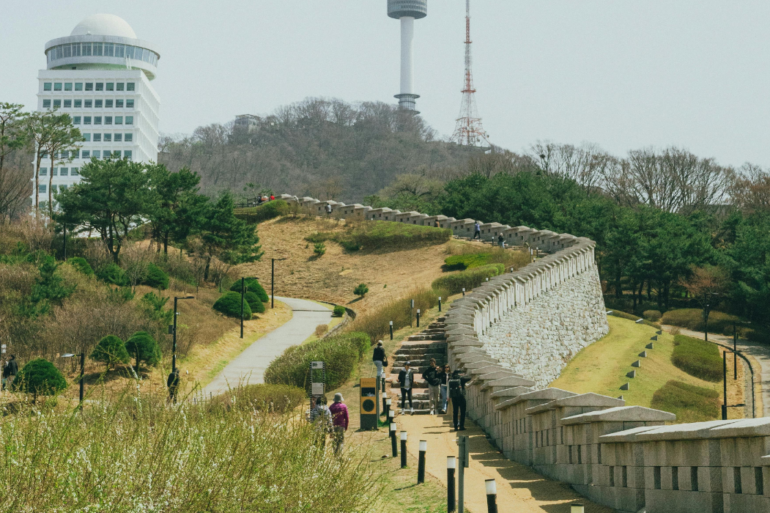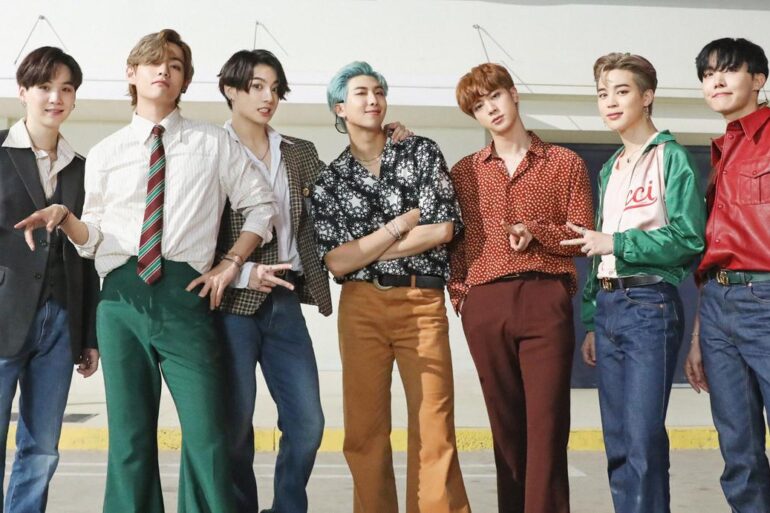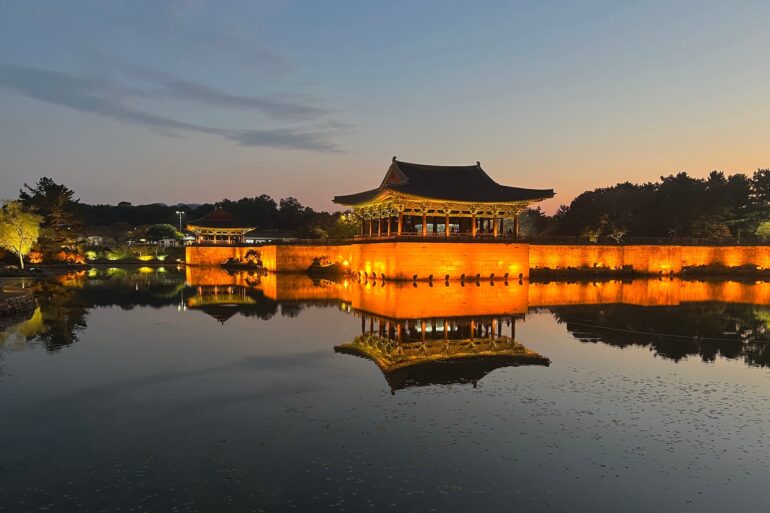The government will also roll out a “region-specific digital nomad visa” for those who want to work remotely in the land of K-pop idols.
Are you a K-pop stan? Been dreaming of debuting and having your very own fandom? Of performing in concerts in front of screaming, lightstick-wielding fans?
That dream may not be too far-fetched anymore. Now’s your chance to get a little closer to making it big in the industry as South Korea is set to introduce a visa track for foreign nationals who aspire to become K-pop idols.
The POST gives you a lowdown of what to expect in this newest visa for K-pop lovers, and then some more.
Wooing foreign visitors
The recent announcement is seen as a move to attract more tourists from overseas, according to a report on The Korea Herald. This is despite the number of tourist arrivals in Korea sharply increasing from about 97,000 in 2021 to 11.03 million in 2023, with 4.87 million people visiting between January and April this year.
South Korea’s Finance Ministry released a set of measures to woo more foreign visitors to visiting the country, such as streamlining the entry process and offering incentives for using public transportation.
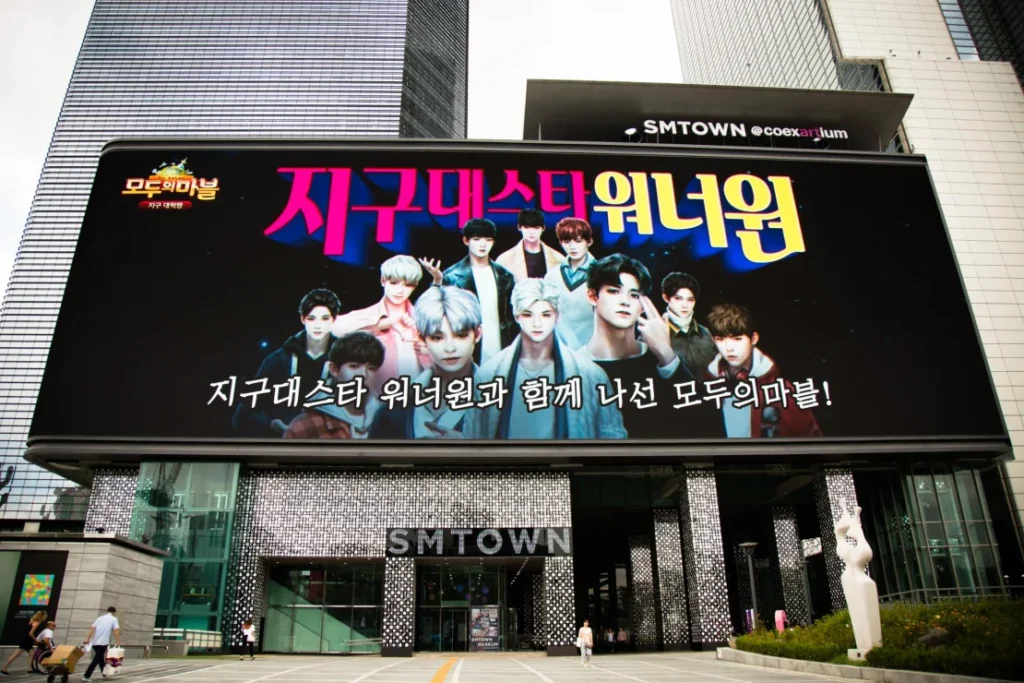


The measures were based on the concern that the country’s tourism revenue — the amount that inbound visitors pay for goods and services — has been slower than expected to recover following the pandemic, despite the quick rebound in the number of foreign tourists.
With the country’s tourism hitting the US$4.9 billion mark for the January to April period, this year’s figure is likely to be similar to that of last year which reached $15.1 billion. With changes in tourism trends, observers note how tourists are spending less, focusing more on cultural experiences rather than shopping, the government noted.
The plan makes a whole lot of sense considering that K-pop is the primary reason why tourists go to South Korea. The Ministry of Culture, Sports and Tourism and Korea Tourism Organization in October last year, released a report on the relationship between the popularity of Korean culture and its influence on people’s intent to visit the nation.
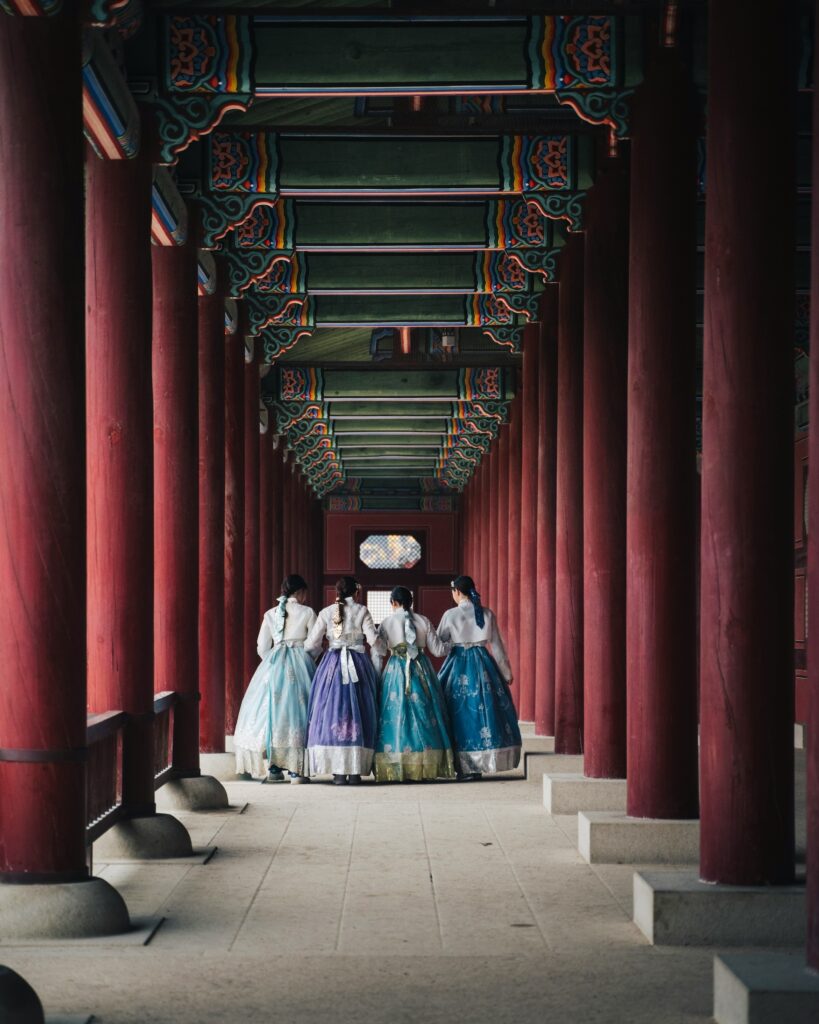


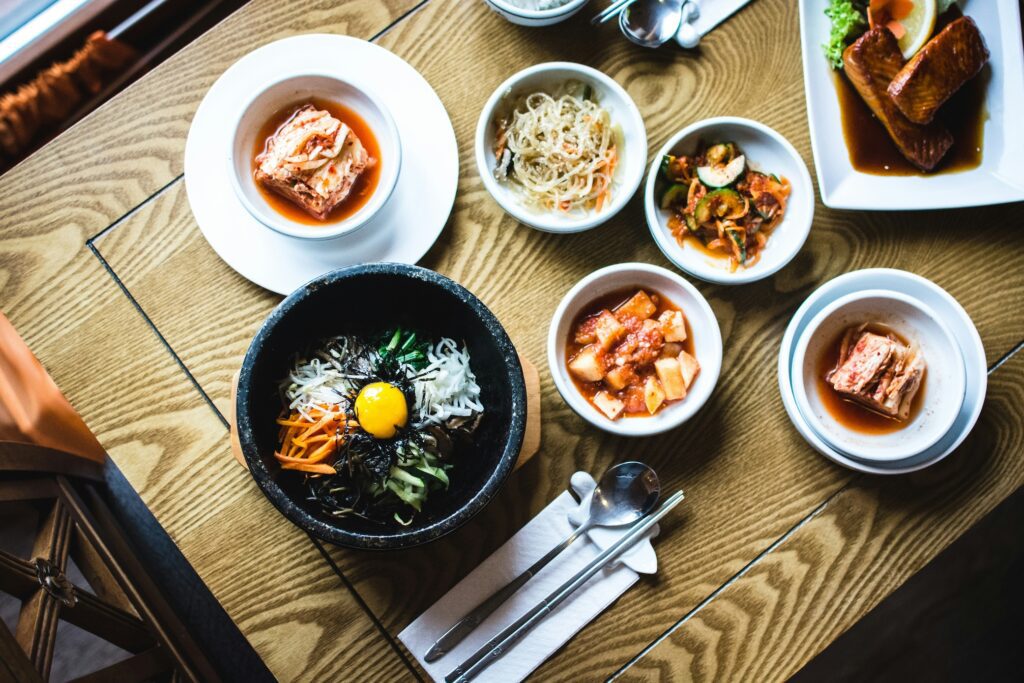


Conducted over three years, the study tracked the number of mentions of Korean culture on social and online media in the top 20 countries that account for the number of tourist arrivals in South Korea. The results revealed that K-pop leads all the other reasons why people plan to go there with 36,823,578 mentions, followed by Korean food (14,180,796), cosmetics and beauty (9,971,048), and cultural content (9,286,145).
Based on the number of mentions and on-year growth rates for each category, K-pop was most popular in Indonesia and France, Korean food in the U.S., China and Turkey, cosmetics and beauty in China, the Philippines and Indonesia, and cultural content in the Philippines and Indonesia, as per a report on Korea.net.
“K-culture training visa”
As part of the directive, the South Korean government will launch the “K-culture training visa” this year for a trial run. It will cover foreign nationals who want to undergo training at K-pop entertainment agencies—so if you have your eye set on your idols’ agency, now is probably your chance to get in
Under the new scheme, the article on The Korea Herald mentions, foreign nationals who are learning K-pop dancing, choreography, and modeling can be approved for a visa. Details for the visa will be confirmed in the second half of this year, so do keep your eyes peeled for any new announcements.
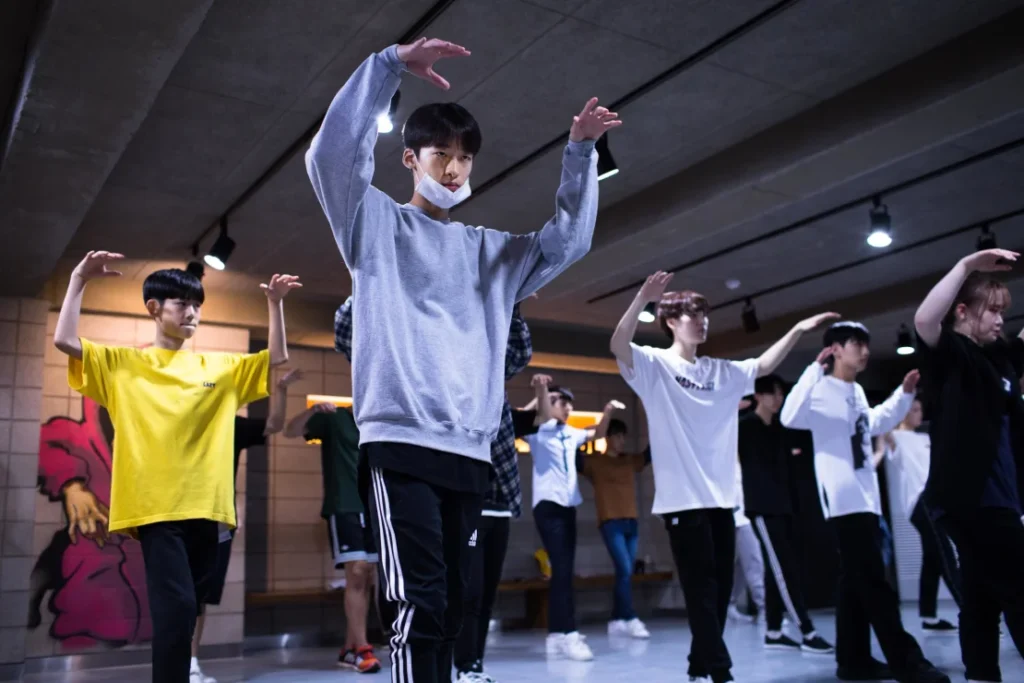


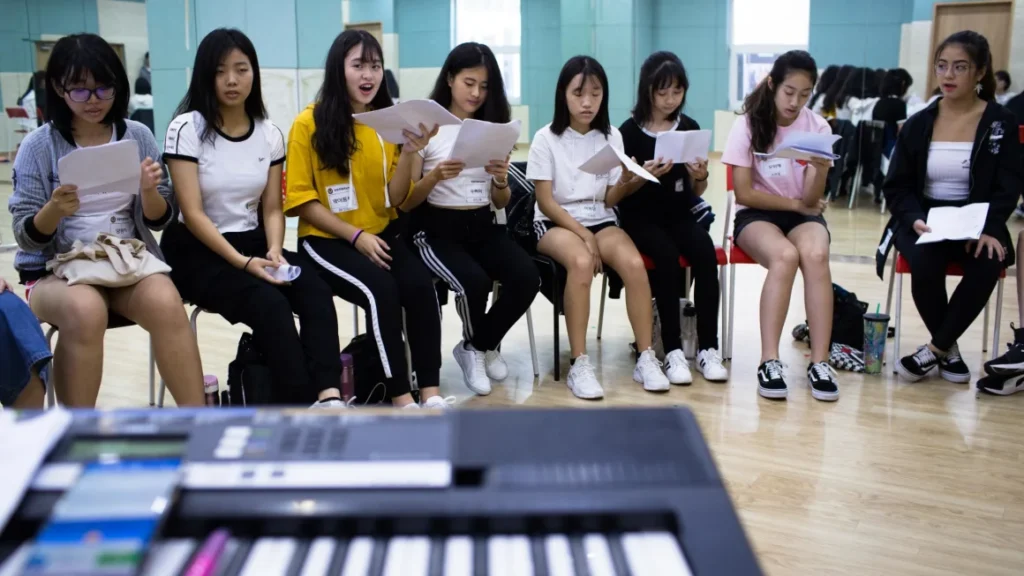


The good news doesn’t end there. The government will also roll out a “region-specific digital nomad visa” for foreign nationals wanting to work remotely while living in Korea that will help them connect them with regional governments.
If you’re worried about the long queues for visa application, worry not as the government has announced it will add staff members and increase the number of application centers to reduce the time needed for visa processing and issuance. This will also enable tourists traveling in organized groups to apply for the Korea Electronic Travel Authorization (K-ETA) together.
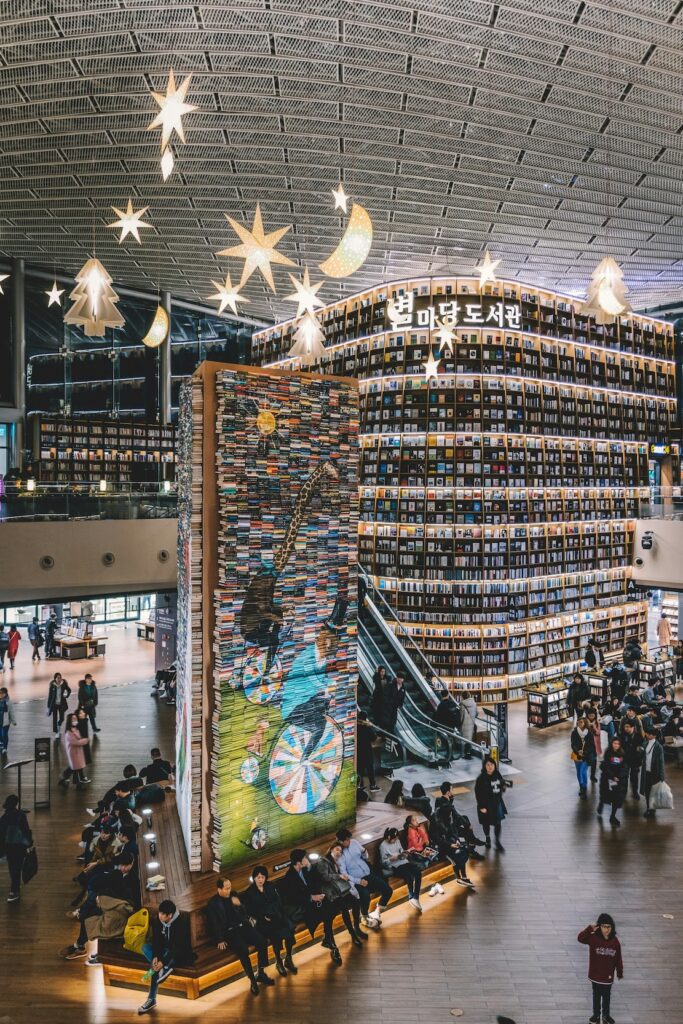


With the popularity of K-pop (and K-culture in general) showing no signs of waning, South Korea plans to increase direct flights between regional airports in Korea and foreign cities, including new routes between Busan and Jakarta, and Cheongju, North Chunghcheong Province and Bali, along with increased flight frequencies between Daegu and Ulaanbaatar, Mongolia, in the second half of this year.
In July, the government will discuss further flight arrangements with countries with people who are “highly interested” in visiting Korea, the Philippines included.
More ease of travel
Aside from the K-culture training visa and additional flights to South Korea, the government has also introduced a few more measures to ensure that tourists will have a more convenient time going around the land of K-pop.
To improve convenience for tourists using public transportation, luggage delivery services from KTX train stations to hotels will be expanded to 16 locations. Daejeon, East Daegu and Gwangju Songjeong stations are among the new service areas.
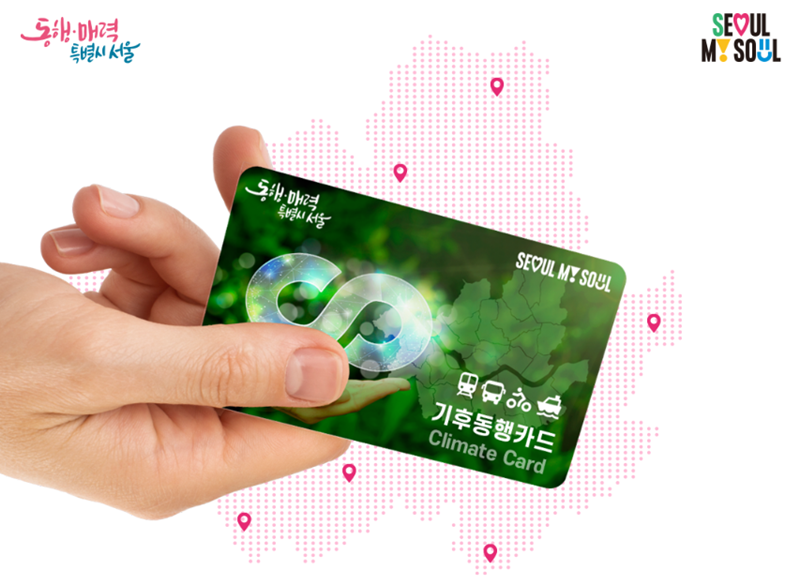


A public transportation pass for foreign national tourists with an app that accepts overseas credit cards will soon be launched in major cities. The government said foreign visitors will be able to use public transportation at a reasonable price with one-day or two-day passes.
Starting July 1, the Seoul Metropolitan Government will have four versions of the Climate Card for tourists on short-term visits: KRW 5,000 for one day, KRW 8,000 for two, KRW 10,000 for three, and KRW 15,000 for five. Travelers armed with the Climate Card can hop on the subway and city and shuttle buses in the capital without limit.
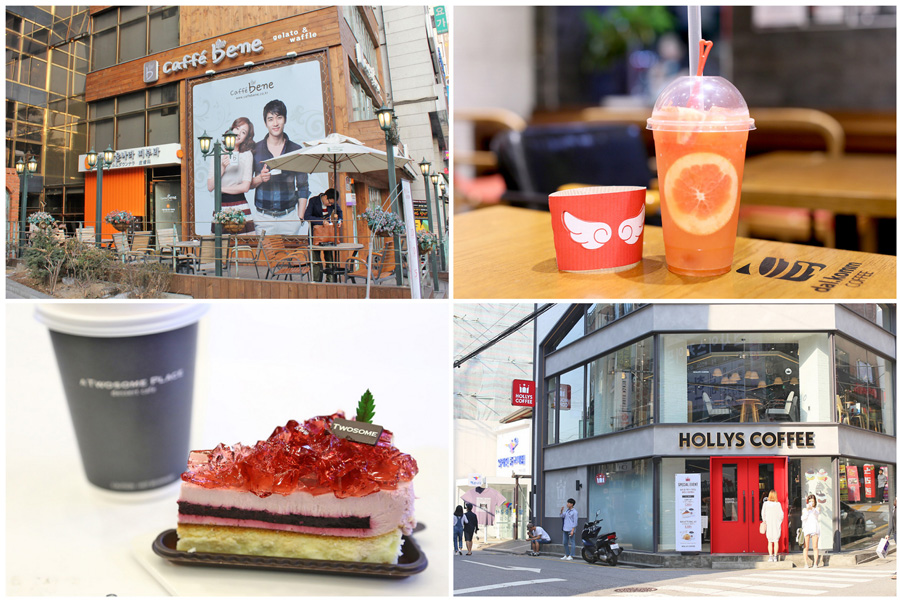


The tourism ministry will also train more multilingual tourist guides to respond to the growing number of visitors, especially from Southeast Asian countries, like Vietnam, Thailand, Malaysia, and Indonesia.
Further assuring those who are planning to visit South Korea, Finance Minister Choi Sang-mok said: “We will resolve inconveniences in the entry and transportation processes for foreigners, increasing their satisfaction.”



